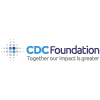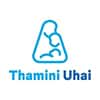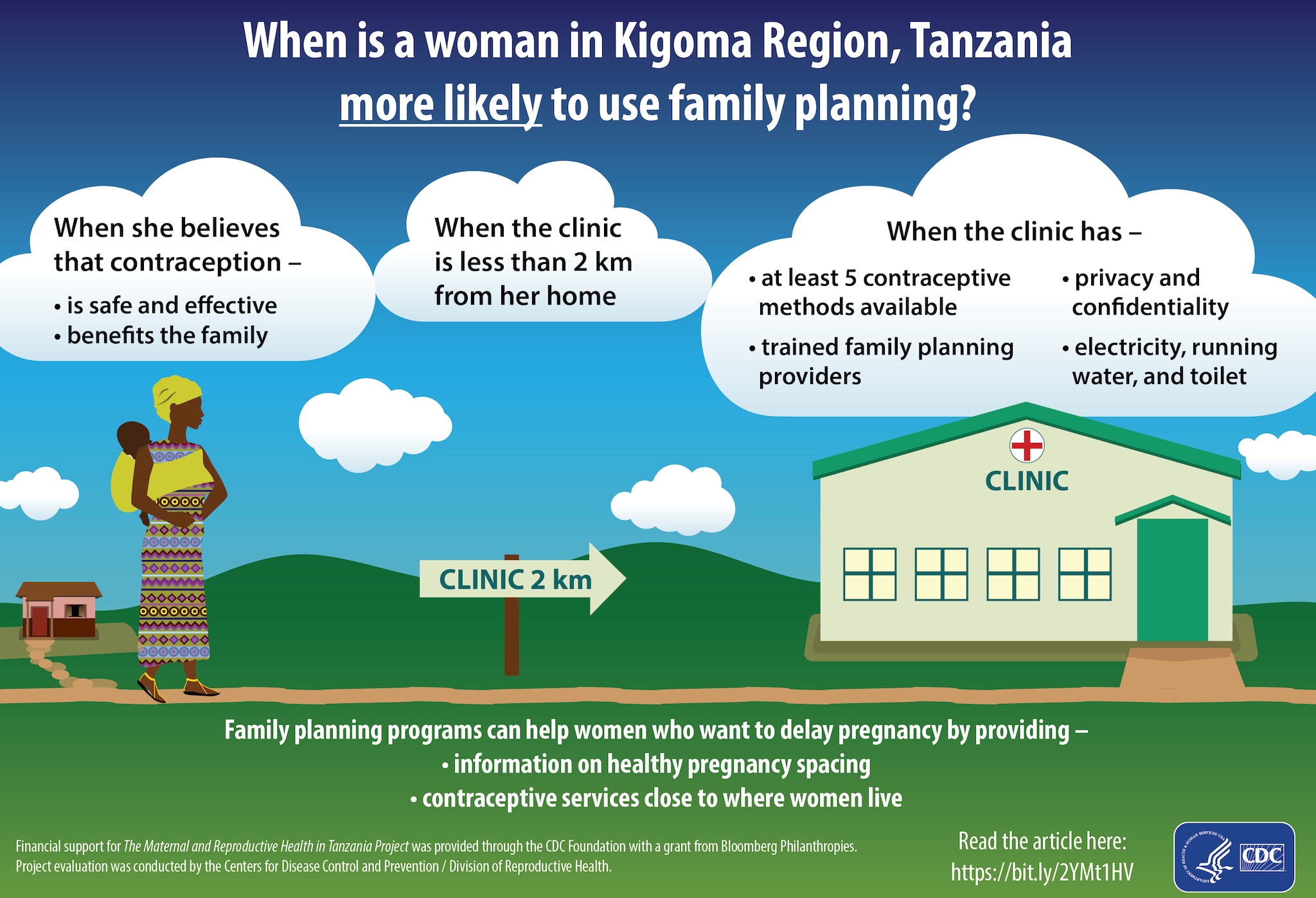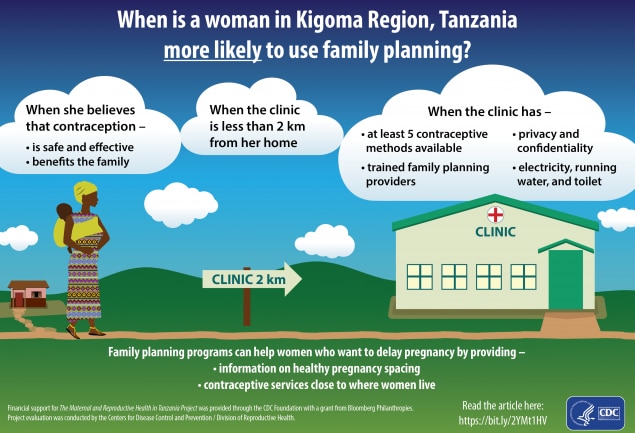Maternal and Reproductive Health in Tanzania Project
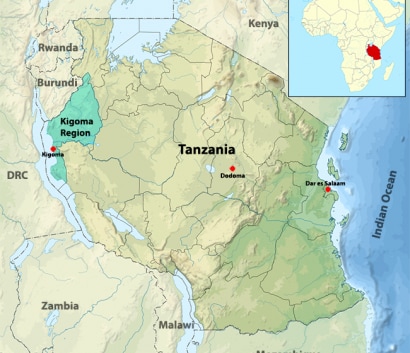
Map of Kigoma, Tanzania region
The Maternal and Reproductive Health in Tanzania Project worked from 2006 to 2019 to reduce deaths and improve health among mothers and newborns in Tanzania’s remote northwestern Kigoma Region. The approach of the project’s partners was to make maternity care more accessible and to improve the quality of the care in order to better treat or prevent life-threatening pregnancy complications.
CDC’s Division of Reproductive Health conducted Monitoring and Evaluation activities that documented a number of project impacts, including the following:
- The proportion of births taking place in health facilities increased from 49% in 2013 to 85% in 2018.
- The maternal mortality ratio in facilities declined from 303 maternal deaths per 100,000 live births in 2013 to 174 in 2018 (a decline of 43%).
At the project’s conclusion in 2019, its activities were transferred to the regional authority in Kigoma Region. In partnership with CDC Foundation through a grant from Bloomberg Philanthropies, CDC is now conducting a Sustainability Evaluation to assess whether there have been any changes to the quality and availability of maternity services and to maternal health outcomes since the project ended. The evaluation will also look at the facilitators and barriers to the sustainability of the health and infrastructure improvements from the project.
This Sustainability Evaluation (2022-2025) is using a variety of approaches to assess different aspects of the project’s sustainability; qualitative interviews with health providers, project managers, decision makers, and project partners will complement quantitative information about facility readiness, quality of services and pregnancy outcomes.
- Monitoring and Evaluating Maternal and Child Health Programs
- Overview of Maternal and Reproductive Health in Tanzania Project
- Improving Access to Quality Maternity Care to Reduce Maternal and Newborn Deaths
- Monitoring and Evaluating to Document the Health Improvements
- Impacts of the Project
- Activities and Publications

